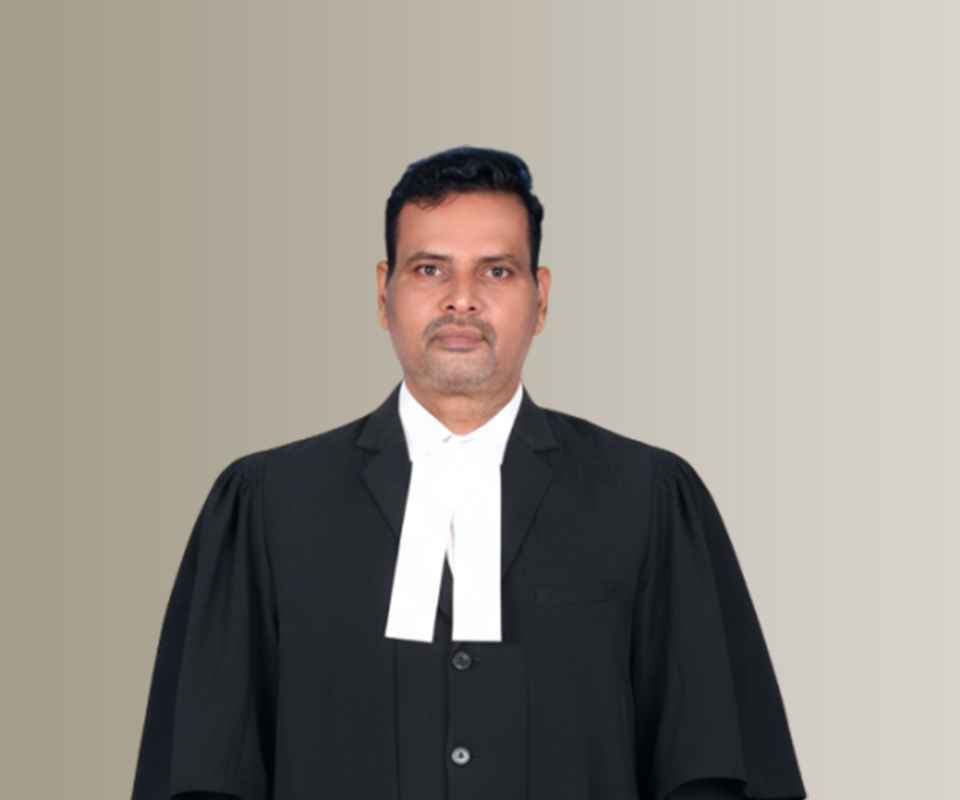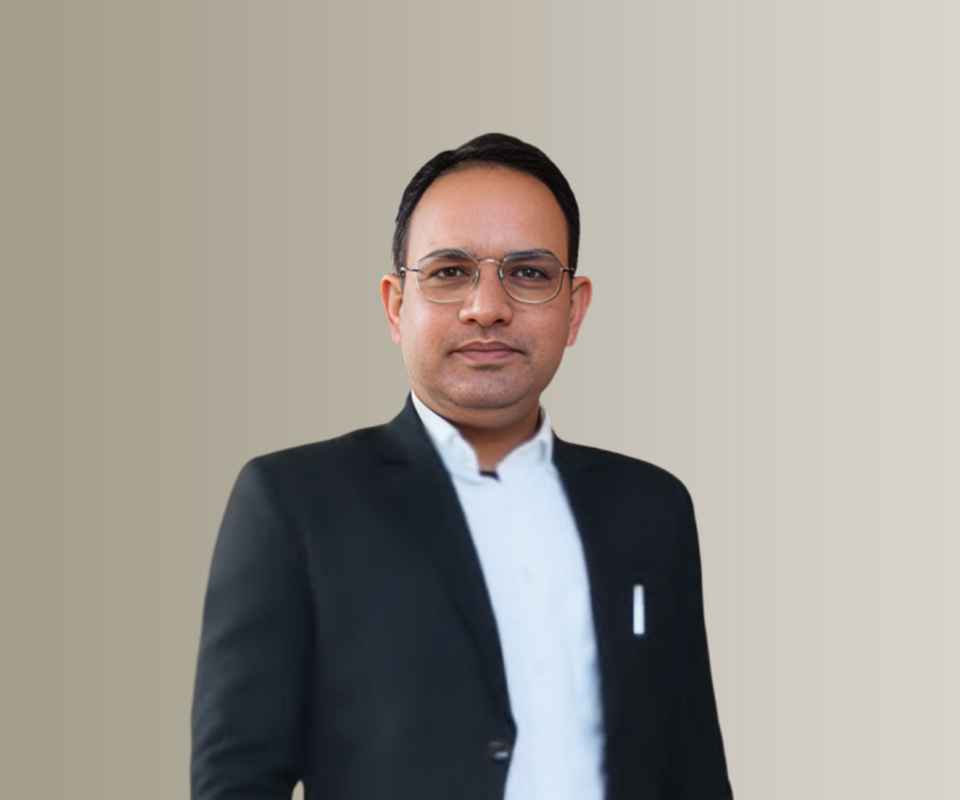Answer By law4u team
The requirements for obtaining permanent residency in India vary depending on the specific category of permanent residency you are applying for. Here are the general requirements for some of the most common categories: Employment-based permanent residency: You must have a job offer from an Indian employer, and the employer must have applied for your permanent residency on your behalf. You must have lived and worked in India for a certain period of time, typically five years. Investment-based permanent residency: You must invest a certain amount of money in India, typically several million dollars. You must also have lived in India for a certain period of time, typically two to five years. Family-based permanent residency: You must be married to an Indian citizen or have an Indian parent or child. You must also have lived in India for a certain period of time, typically two to five years. Refugee-based permanent residency: You must have been granted refugee status by the Indian government. In addition to these requirements, you will also need to meet certain character and health requirements, and you may need to pass a language proficiency test. It is important to note that obtaining permanent residency in India can be a lengthy and complicated process, and it is recommended that you seek the advice of a qualified immigration lawyer to assist you with your application.









